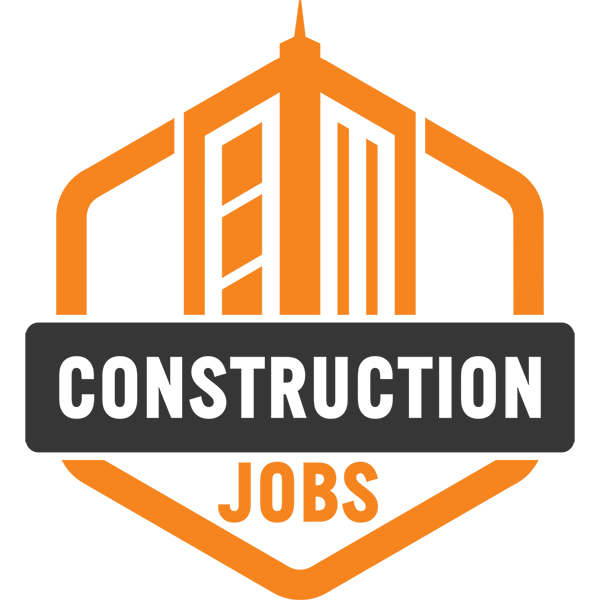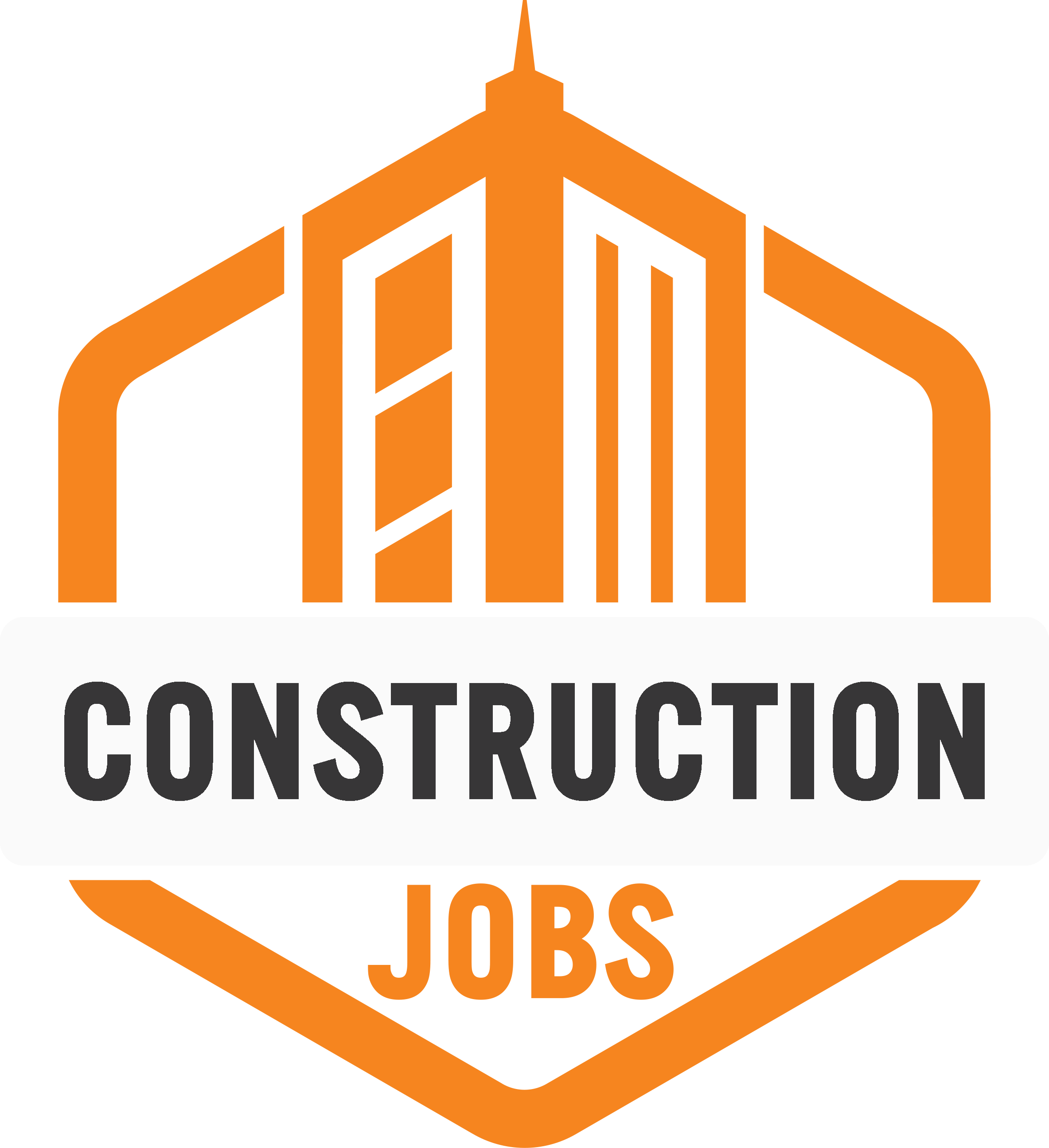How to Overcome Setbacks in Your Construction Career
Navigating a fulfilling construction career: Health, learning, and relationships are key.

A career in construction can be an enriching and rewarding experience. There’s a diverse range of roles to take and there can be multiple opportunities to engage in interesting projects. However, it’s important to recognize that you may also face challenges along the way.
Hurdles in a construction career can take various forms. The good news is that there are strategies you can implement to address them. The key is understanding what tools you have at your disposal to mitigate issues and what steps you can take to safeguard against obstacles in the future.
Let’s take a closer look at how to overcome setbacks in your construction career.
Illness and Injury
It’s an unfortunate reality that workers in the construction industry experience illness and injury at work. In 2020, there were 174,000 nonfatal work injuries and illnesses in the construction sector. On-the-job injuries could be the result of problems with equipment, interactions with hazardous substances, and simple accidents. Risk of injury can impact your ability to thrive in your job, as well as disrupt your quality of life.
It is vital to take steps to effectively mitigate health and injury risks. Get to know the common construction hazards in your field and how to avoid them. Ensure the companies you work with not only provide sufficient protective equipment but also that they provide paid time off and mental health days to help prevent burnout.
You should also take action to monitor your own health, such as getting regular medical checkups and screenings. It’s important to mention the area of construction you work in to your health care provider so they can arrange the most appropriate tests. For example, you may need more frequent respiratory examinations if you’re working in dusty environments. Catching medical issues early can result in quicker intervention, with less impact on your career.
Alongside this, it’s vital to recognize that some workplace risks tend to become worse the older you get. Chronic health conditions such as muscular pain or arthritis may cause your performance to suffer, or you might need to take more days off. These health issues can also put you at greater risk of workplace injuries. Be mindful of how your body is changing as you age. Take steps such as requesting ergonomic equipment to reduce strains and, if necessary, seek accommodations from your employer.
Career Progression
Some construction career setbacks are a result of stagnation. You might find yourself stuck in a rut, doing the same work and pulling in the same salary for years on end. This can be unsatisfying, which may also affect your ongoing mental wellness over time. A lack of career growth might also see you struggling to access the lifestyle you want.
One of the key ways to advance your career in construction is to commit to continued learning. Look for opportunities to explore new skill sets and gain certifications in different areas of expertise. Maintain an awareness of the evolving technology in your field, such as the use of virtual reality (VR) or artificial intelligence (AI). Aim to gain an education in these areas early on. This can not only open up opportunities for you, but it can also future-proof your skill set against the impact of a changing industry. Learning is also great for mental health in general, keeping your brain active and engaged; studies have shown that it can even prevent the onset of dementia and other diseases that affect the brain.
It can also be wise to be proactive in volunteering for projects. Don’t worry if you don’t have a lot of expertise in certain areas. Projects outside of your comfort zone can be great learning experiences and make you more agile as a worker. This is particularly vital in a sector that is experiencing skilled labor gaps. In addition, seeing you take leadership opportunities in small projects can give employers confidence in promoting you when senior roles become available.
Working Relationships
It can be easy to focus on training and wellness as tools to address setbacks in construction careers, but it’s important not to overlook the importance of workplace relationships. Your ability to navigate interpersonal relationships can be instrumental in helping you progress in your career. Those interpersonal skills can also reduce the potential for tensions and disagreements that can make construction sites unpleasant working environments.
The first step is to develop your interpersonal skills. Learn about various aspects of communication, such as active listening and empathy. This not only helps you to have stronger and more productive relationships with co-workers and management, but it can also help make you a more effective and productive professional. You should also develop conflict management and resolution techniques. This helps address difficult workplace situations but can also demonstrate your management potential to project leaders.
You should also make efforts to network. Being comfortable with approaching other professionals in your field or key figures in the industry can be vital to developing valuable and personally enriching relationships. You may also find that these connections provide important support systems and alert you to opportunities at times when you experience setbacks in your career.
Conclusion
The key to a thriving construction career is to take steps to prevent, mitigate, and manage setbacks. This should include committing to protective measures that keep your wellness in check. It’s also important to keep learning so that you can progress in an agile manner. Remember that working relationships can be vital to a positive workplace experience, so develop your interpersonal skills and build strong connections. It can take a little extra planning, but your efforts in these areas can mean your construction career continues to be rewarding for years to come.
Author: Amanda Winstead is a freelance writer in the construction industry
- Share This →

